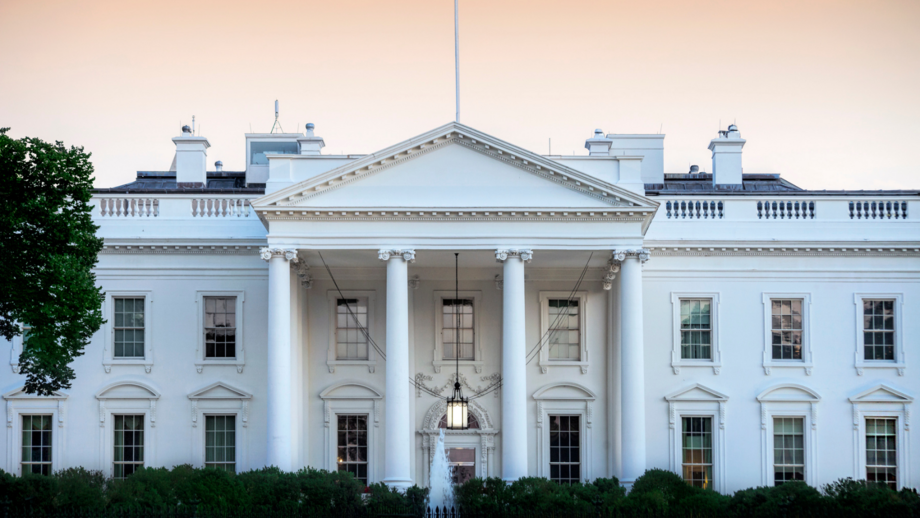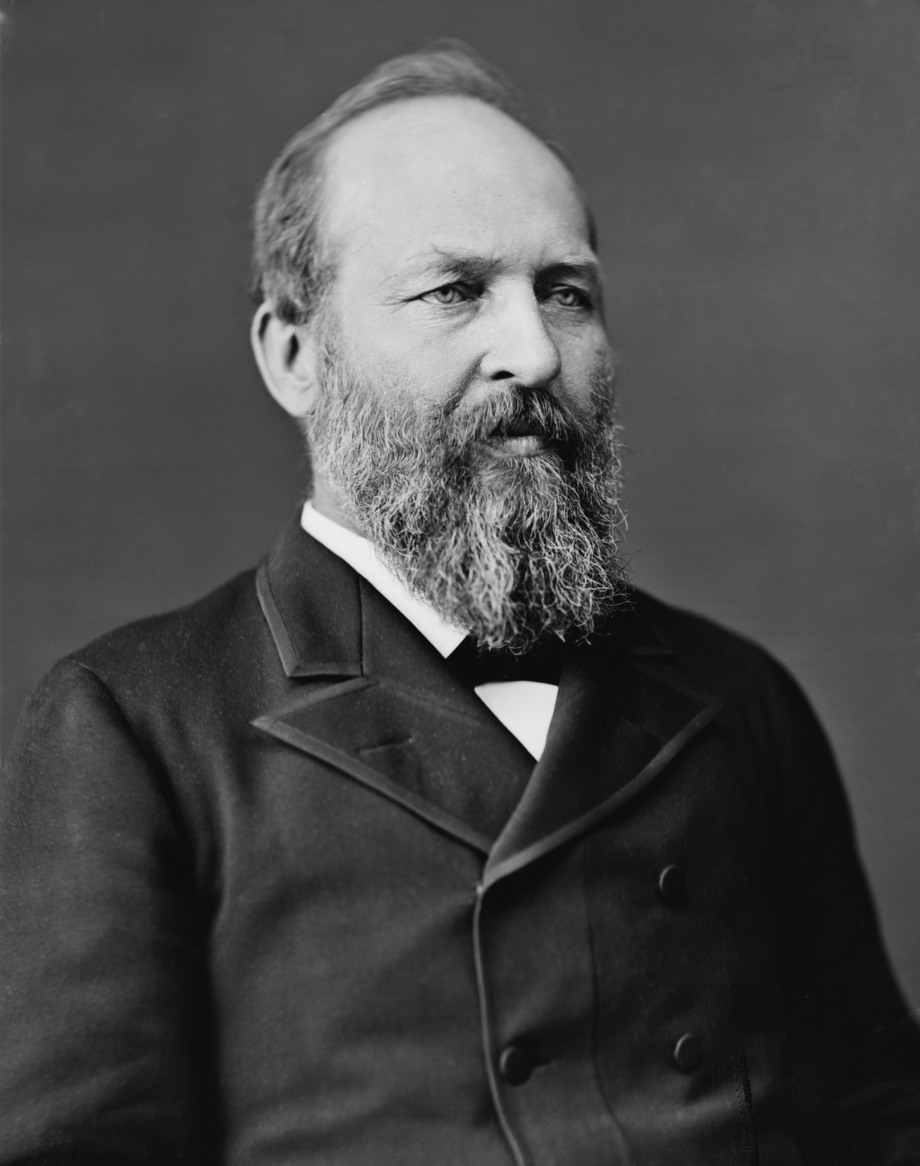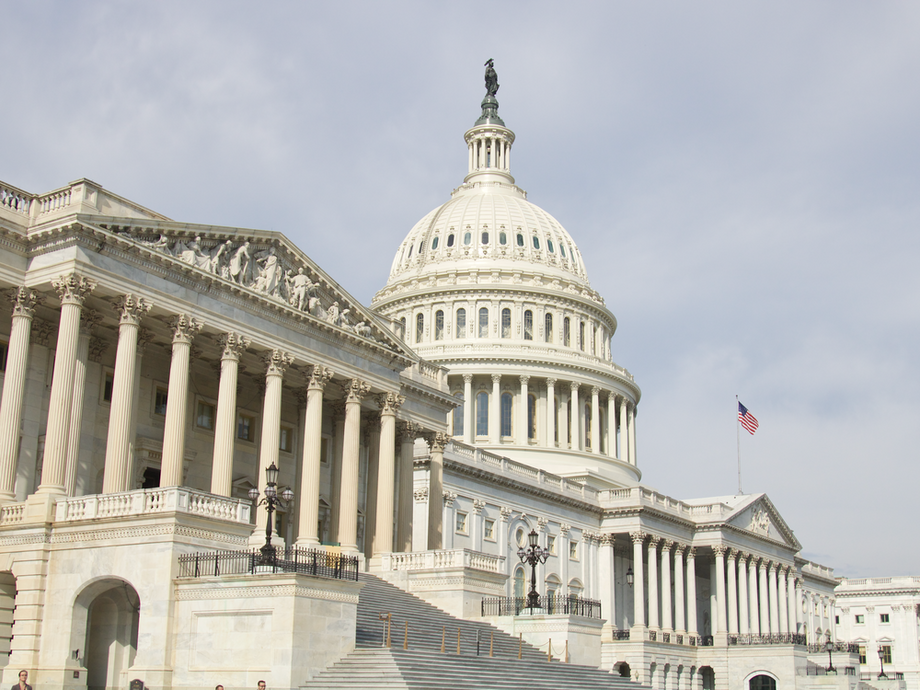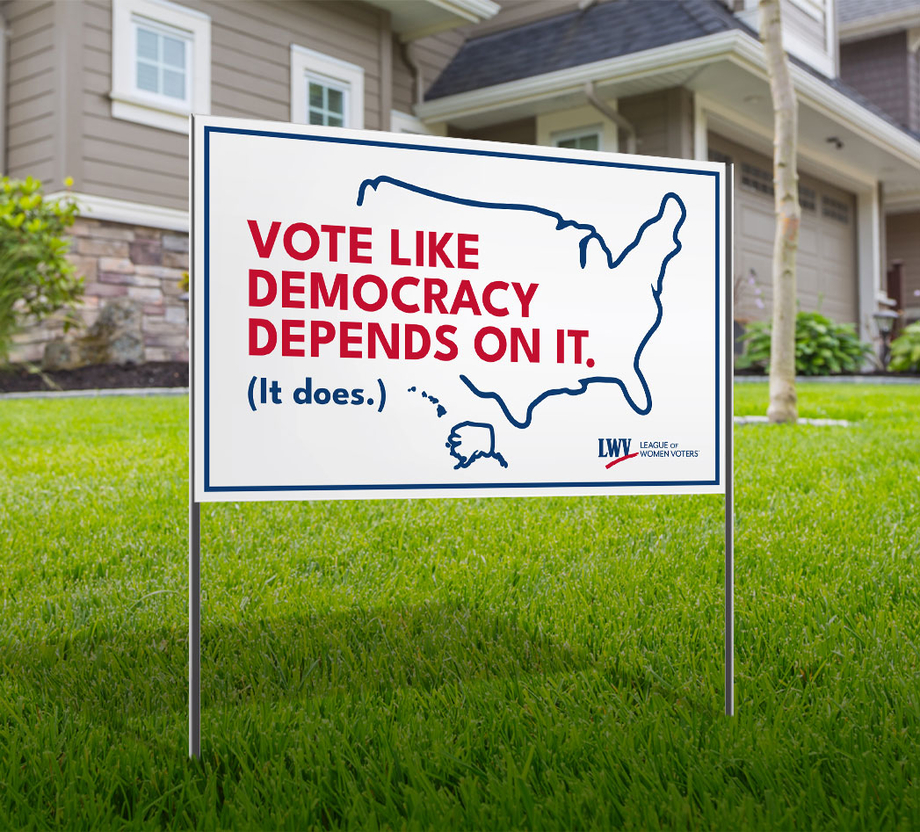This blog was written by legal intern Katy Bortz.
Since the second Trump Administration began, an estimated 199,000 civil servants have left the federal workforce. This has had a major impact on independent agencies, or government agencies within the executive branch, but whose leadership cannot be removed at will by the president, unlike cabinet secretaries. For example, the Federal Trade Commission (FTC) is headed by five commissioners who each serve a seven-year term. Commissioners may only be removed for “inefficiency, neglect of duty, or malfeasance in office.” Dozens of independent agencies exist across the government and share a similar structure and appointment process.
,
To defend democracy during this critical time, search our 750+ state and local Leagues.
,
Independent agency capacity has decreased significantly, which has already started to harm the overall function of our government. As detailed in numerous lawsuits and articles, many federal employees were fired illegally. Along with their employees, numerous heads of independent agencies have been dismissed, directly violating a case called Humphrey’s Executor, which protects independent agency leadership from being fired without cause.
Independent agencies are key to maintaining stability during transitions between administrations. Their employees possess critical institutional knowledge that benefits the American people. Additionally, the independence of federal agencies provides an important check on presidential power. Because of many of these agencies' vital role in regulation and governance, from labor rights to consumer safety and protection, insulating them from at-will presidential appointment power ensures subject matter experts can develop policies with some degree of independence. It prevents wild, unstable swings in policy from administration to administration.
,

,
The League of Women Voters of Maine Education Fund, along with other organizations, filed suit to protect functions of one such independent agency, the Corporation for National and Community Service (CNCS), from presidential directives to weaken the agency and its programs. CNCS, like other independent agencies, operates essential government programs, including AmeriCorps, that countless Americans rely on regardless of the political party in power in Washington.
Unfortunately, independent government agencies may not be “independent” for long. The 1935 Supreme Court decision in Humphrey’s Executor v. United States established that government employees in administrative roles who don’t serve strictly executive functions can’t be fired by the President at will. In other words, qualified federal agency leadership cannot be removed at a president’s discretion or because the employee was appointed by a president of a different political party. These agency positions are considered insulated from political power shifts.
,
,
However, a recent decision by the Supreme Court has weakened this long-standing rule and threatens the independence of many federal agencies. This blog will explain the historical context around Humphrey’s Executor, the case itself, how it relates to the present day, and what the future may hold.
The History of Humphrey’s Executor
The Pendleton Act and Ending the Spoils System
In the early days of American democracy, presidents used job appointments to reward their supporters via a “spoils system.” Individuals would donate large sums of money to presidential campaigns in the hopes that the new president would offer them a position in the administration or provide other political favors.
This practice continued relatively unchecked until President James Garfield was assassinated by Charles Guiteau, an angry jobseeker who had not received a position. To prevent future violence and improve the government's effectiveness, Congress passed the Pendelton Civil Service Act in 1883.
The Pendelton Act required federal appointees to have specific qualifications and prevented some officers from being removed for political reasons. Initially, the legislation covered only a small fraction of federal positions. However, over time, the reform has been expanded to eliminate the “spoils system” from nearly all federal offices.
,

President James Garfield
,
FDR and William Humphrey
When President Franklin D. Roosevelt, a Democrat, was elected in 1932, he sought to fire William Humphrey, a commissioner of the Federal Trade Commission (FTC). Humphrey had been appointed and reappointed by two Republican presidents and viewed the role of the FTC very differently from the new president. Roosevelt, attempting to execute his New Deal agenda, decided that he wanted an administration fully dedicated to his viewpoints. Knowing Humphrey’s view of the role of the FTC did not align with his own, FDR tried to get Humphrey to resign. After Humphrey refused, FDR fired him at will.
Before Humphrey could challenge his firing, he died. His executor, who managed his estate after his death, took over a lawsuit against the federal government, seeking to recover Humphrey’s back pay and asserting the deceased had been wrongfully fired.
At the time, the Federal Trade Commission Act (FTCA), which created the FTC, specified that FTC commissioners could only be fired for cause, which included “inefficiency, neglect of duty, or malfeasance in office.” Thus, these were the types of positions that were meant to be insulated from partisan change.
,
,
FDR removed Humphrey based on their differing political views, not issues with Humphrey’s performance, which the FTCA specified was the only acceptable reason for removal. Thus, the lawsuit argued that the firing was unlawful.
At the US Supreme Court, the FDR administration argued that the president must have the power to control who serves as federal agency leadership. They argued that control of administration personnel was necessary for the president to execute his policy agenda effectively. According to the FDR administration, the FTCA provision that insulated FTC commissioners from being fired for policy viewpoints unconstitutionally infringed on the President’s powers.
In its decision, the US Supreme Court unanimously sided with Humphrey’s executor, upholding the FTCA. The Court compared the FTC to the Interstate Commerce Commission (ICC) and said that “its members are called upon to exercise the trained judgment of a body of experts” and should not be considered part of the president’s policy staff.
,

,
The Court distinguished between administrative roles in the government that serve nonpartisan needs and those that are considered “an arm or an eye of the executive.” The president can only dismiss at will those administrative appointees who serve purely as part of the executive branch. Nonpartisan independent agencies like the ICC and the FTC are not part of a president's policy execution. Entirely executive agencies, like the Department of Defense and Cabinet-level agencies, however, do serve solely under the executive and can be removed at will.
The Supreme Court’s 2025 Threats to Humphrey’s Executor
Humphrey’s Executor has served as a precedent for almost 90 years. Presidents have come and gone, generally observing the rule that certain appointed government positions are not subject to at-will removal for political purposes.
In May 2025, however, the Supreme Court ruled on its emergency docket challenging this well-established principle. Without a full briefing on the issue, the Court outlined the dismantling of Humphrey's Executor.
,
Stay Updated
Keep up with the League. Receive emails to your inbox!
,
In Trump v. Wilcox, the Court’s majority allowed the president to remove two officers, one from the National Labor Relations Board and one from the Merit System Protections Board, for political reasons. Since then, there has been concern about what the decision means for the other federal agencies, most importantly the Federal Reserve Board of Governors, which governs the central bank of the United States and regulates the financial sector.
In the Wilcox emergency decision, the Court suggested that allowing the positions at issue to be politically appointed does not threaten the Federal Reserve officers. While similarly insulated from politics, the Federal Reserve Board of Governors remains protected because “[t]he Federal Reserve is a uniquely structured, quasi-private entity.” When the Supreme Court deems an agency as “quasi-legislative” and/or “quasi-judicial,” its function is not solely executive, so the officers are protected to serve in good faith. In other words, the President cannot, at will, fire officers of “quasi-legislative” or “quasi-judicial” independent agencies. The “quasi-private” language used in the Court’s decision in Wilcox seems to be a new rule protecting the Federal Reserve Board of Governors.
It remains unclear if any other federal agency positions will also fit this Federal Reserve carve-out and be deemed “quasi-private.” It is safe to say that this decision, at least until the whole case is heard, gives the president dramatically more authority to control the heads of various government agencies.
,

,
And now, it appears the Court will do away with Humphrey’s Executor entirely. On September 22, the Court took up a case concerning the Federal Trade Commission, which will decide whether to overrule this bedrock precedent.
What Might Be Next: The FEC
Some fear that the Federal Elections Commission (FEC), which is essential to keep elections fair and functional, may be next.
The FEC is an independent agency like the National Labor Relations Board and the Merit System Protections Board. It is governed by a group of commissioners and tasked with overseeing federal elections and enforcing campaign finance regulations. The emergency decision in Trump v. Wilcox threatens the FEC's independent nature and leadership by suggesting that the president can remove FEC Commissioners who disagree with him politically.
,
,
The ability of a president to remove the commissioners who oversee presidential elections is a clear threat to our democracy.
Given that billions of dollars are spent on campaigns and that candidates who spend more dollars typically win, the FEC’s regulation of campaign finance is critical to the fairness and outcomes of elections. If the FEC Commissioners become subject to at-will employment, as could happen with the fall of Humphrey’s Executor, that would threaten the independent, bipartisan nature of the agency. For example, if the Commission received a complaint against a sitting president’s campaign, the president would have the ability to remove the very commissioners who are presiding over the complaint against their campaign. It could allow the political party controlling the White House to also control campaign finance regulation, among other issues.
What Can You Do?
While Trump v. Wilcox and other cases on independent agencies are in the hands of the Supreme Court, you can show your support for our democracy through organizations like the League! The League of Women Voters continues to challenge cases in state and federal courts on behalf of our members. To help, join your local League and become a member of our Unite and Rise campaign!
,

Unite and Rise 8.5: An Initiative to Defend Democracy
Defend democracy from the anti-democratic actions of the current administration!
,
Additionally, you can call your representatives! Encourage your elected officials to use their congressional oversight power to ensure the president is being effectively checked by the other branches of government.
Finally, vote. If the Court overrules Humphrey’s Executor, the main avenue of oversight for agencies and the executive branch will be Congress, whose composition will determine how aggressively the executive branch is policed and monitored.
Democracy depends on us. Let’s fight for it, including its independent agencies, today!